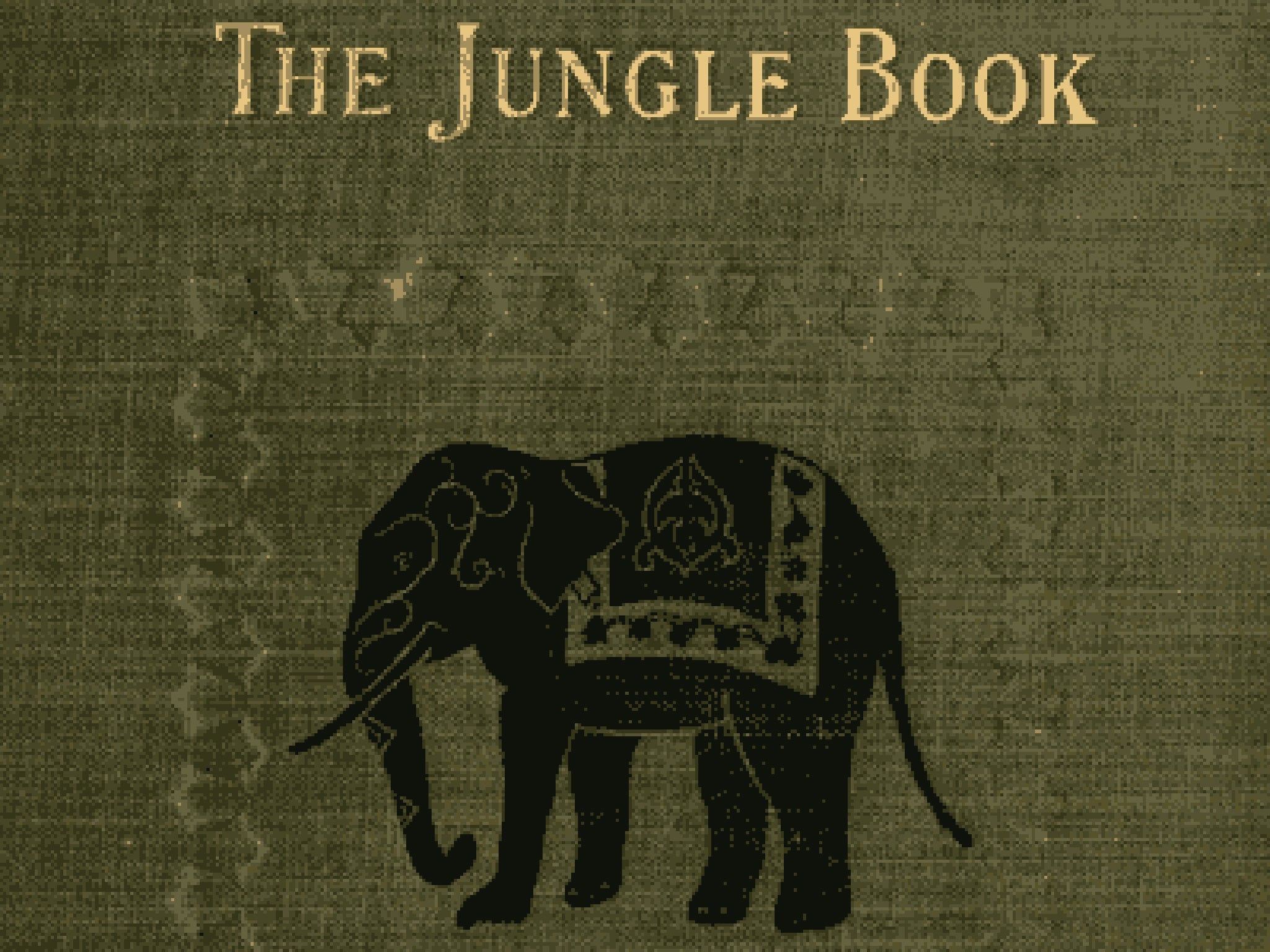The idea that rude publishers force future literary stars to self-publish sounds like codswallop
Could publishers be nicer? Probably - but they plough through hundreds of thousands of words looking for the good ones

Your support helps us to tell the story
From reproductive rights to climate change to Big Tech, The Independent is on the ground when the story is developing. Whether it's investigating the financials of Elon Musk's pro-Trump PAC or producing our latest documentary, 'The A Word', which shines a light on the American women fighting for reproductive rights, we know how important it is to parse out the facts from the messaging.
At such a critical moment in US history, we need reporters on the ground. Your donation allows us to keep sending journalists to speak to both sides of the story.
The Independent is trusted by Americans across the entire political spectrum. And unlike many other quality news outlets, we choose not to lock Americans out of our reporting and analysis with paywalls. We believe quality journalism should be available to everyone, paid for by those who can afford it.
Your support makes all the difference.There were some house rules: no film scripts, plays or poetry. Want to publish a children’s book? Not with us you don’t. A book on self-help? Give us a break.
For an arrogant almost graduate with an inflated sense of literary worth, it seemed the perfect job. Read the stuff the great unwashed think is a future bestseller then, with nary a thought for the pain it would cause, tell them what utter drivel it was and why, even if they were the last words on earth, you still wouldn’t read them.
There was, of course, a rejection template letter, dripping with lofty disdain. “Thanks, but no thanks,” was the gist of it, written in a rather snooty manner.
They were halcyon days, those few months I worked as dogsbody for a literary agent. For once, in the dark days of book publishing, anything seemed possible. Even Jordan was at it, transformed with publishers John Blake, into Katie Price, bestselling author (ghosted, of course, by the late, great, Rebecca Farnworth). But my job wasn’t celebrity autobios: it was to find the next Ballard, the next Amis, the next enfant terrible of British publishing. There were plenty of young people writing, and plenty were terrible. No dice.
There were three of us in those days at the literary agency (sources tell me it has since expanded) sat in an office on the top floor of a Georgian house.
We’d peer at one another through the smoke from Silk Cut cigarettes and great piles of paper. Paper everywhere, like Neolithic sarsen stones around which we trod carefully, fearful of bring more disorder to the chaos.
The slush pile was mine. Masters, master of the slush. Day after day, more of the stuff would come in, brown jiffy bags crammed with the 50 pages or so, and a covering letter, from across Britain. “This person hasn’t put a bloody stamped address envelope in here,” I would moan, opening yet another offering, fingers near bleeding. No SAE, no consideration. “Bin it!” came the reply.
Occasionally, very occasionally, I’d ring somebody who’d sent in their work and ask to see the whole thing. On the few times I did that, no business resulted. More disappointment – more trips to the post office to return the submissions.
Author-centric (whatever that actually means) September Publishing, publisher of among others, the award-winning Times foreign correspondent, Anthony Loyd, warn that without hugs, kisses and kind words, JK Rowlings of the future will be forced to self-publish bestsellers.
It sounds a bit like codswallop. It may be more than a decade since I worked in book publishing, but the old rule seems to still apply: self-publish at your own peril. Occasionally it works. More often it’s an expensive way of forcing 50 or so of your close friends to read something average, at best. And after that, there’s every chance you be both friendless and penniless.
Could publishers be nicer? Probably. So too could literary agents. But they’re ploughing through hundreds of thousands of words looking for the good ones. Often the only word they don’t want to use, despite them being pretty snooty, is “no”.
Join our commenting forum
Join thought-provoking conversations, follow other Independent readers and see their replies
Comments